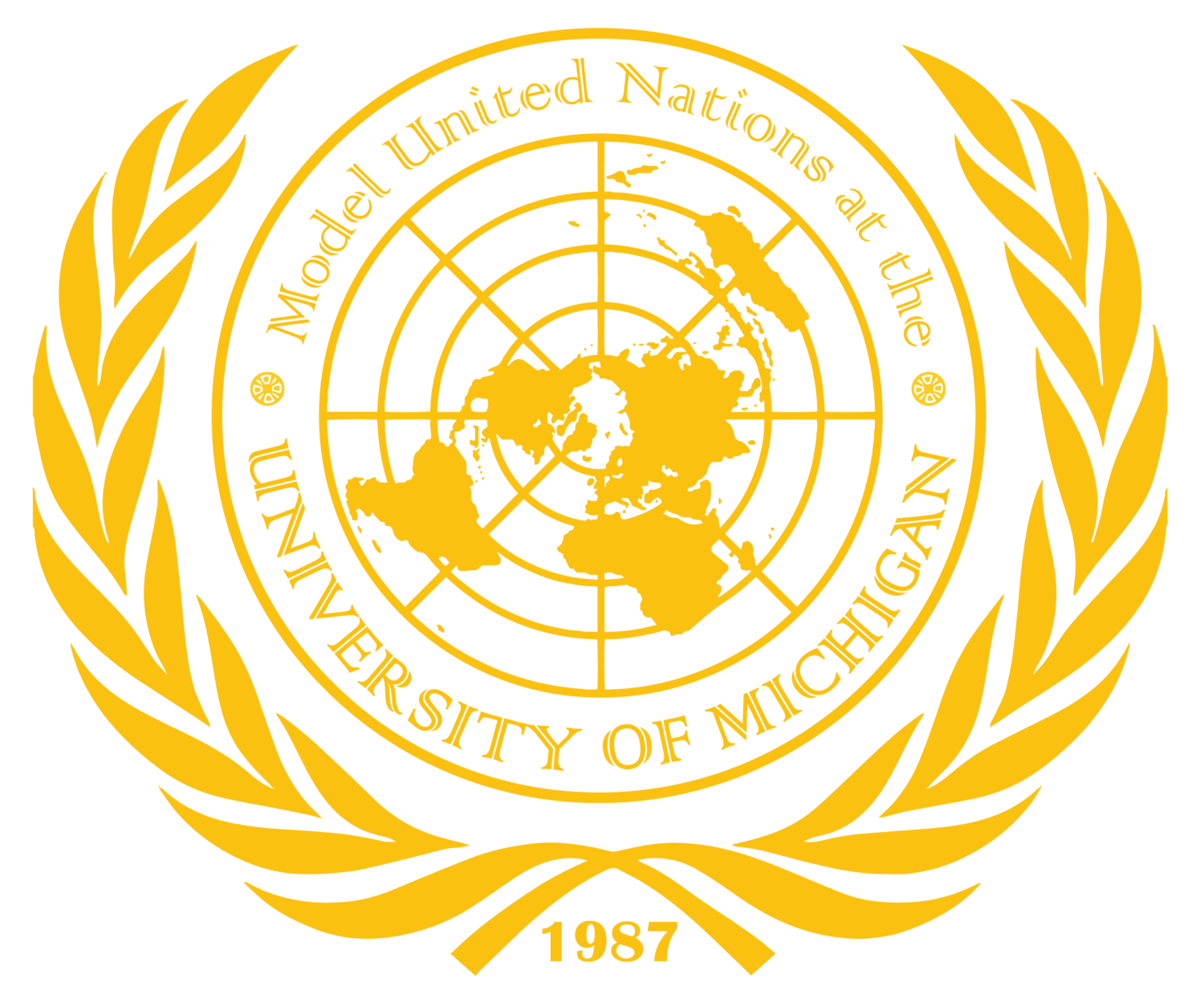An Unlikely Partnership
By: Rhia Nagale
While discussing, Topic B: Supporting Women with Disabilities, the U.S. works with Afghanistan in a mutual agreement to benefit both developed and developing nations.
“The U.S. has been cosponsoring a resolution with some developed countries like France and South Africa, where each sponsor focuses on a specific solution that everyone’s countries have put in place, and we are combining them all into one big resolution which will target a multitude of countries, so everyone can have impact,” the U.S. said.
In contrast, Afghanistan initially worked with primarily underdeveloped nations and decided to focus on a specific topic at first: mental health. A hard hitting topic in Afghanistan, researchers estimate that 90 percent of women there are living with mental disability issues because of the limited freedoms granted to women as a result of the Taliban’s regime, Afghanistan said.
To include other solutions from developing countries, the U.S. decided to aid Afghanistan in editing clauses, while in return receiving ideas from the underdeveloped, who typically need the most aid for disabled women.
“We recognize that the clauses that we wrote in the resolution affected only developed countries, so in order to affect underdeveloped countries we wanted to work with their block,” the U.S. said. “So now we are editing and adopting those programs that could also be implemented into those underdeveloped countries. We’re all combining that and then we’re creating an organization which will oversee all those mini topics.”
In addition to editing, the U.S. is also providing funding for Afghanistan’s resolution. In the past, the U.S. has contributed over two billion dollars to Afghanistan for human rights, Afghanistan said. Mental health is a significant problem and an alarming amount of girls in developing countries know someone who has attempted or committed suicide
“Depression is a really big problem so our working paper mainly focuses on the mental health aspect of disabilities,” Afghanistan said. “It’s mainly focusing on mental health, so we have therapy centers that will provide therapy to everyone, accessible hospitals and mental care. Also, we have an informational campaign on informing people on mental health because a lot of people in underdeveloped countries don’t know a lot about mental health.”
In another block, Belgium also works to support developing nations.
“We’re focusing on helping out underdeveloped countries who haven’t seen any progress recently,” Belgium said. “Currently, we want to work on educating doctors and specialists. We’re hoping to get women with disabilities the accessibility and help they need.”
